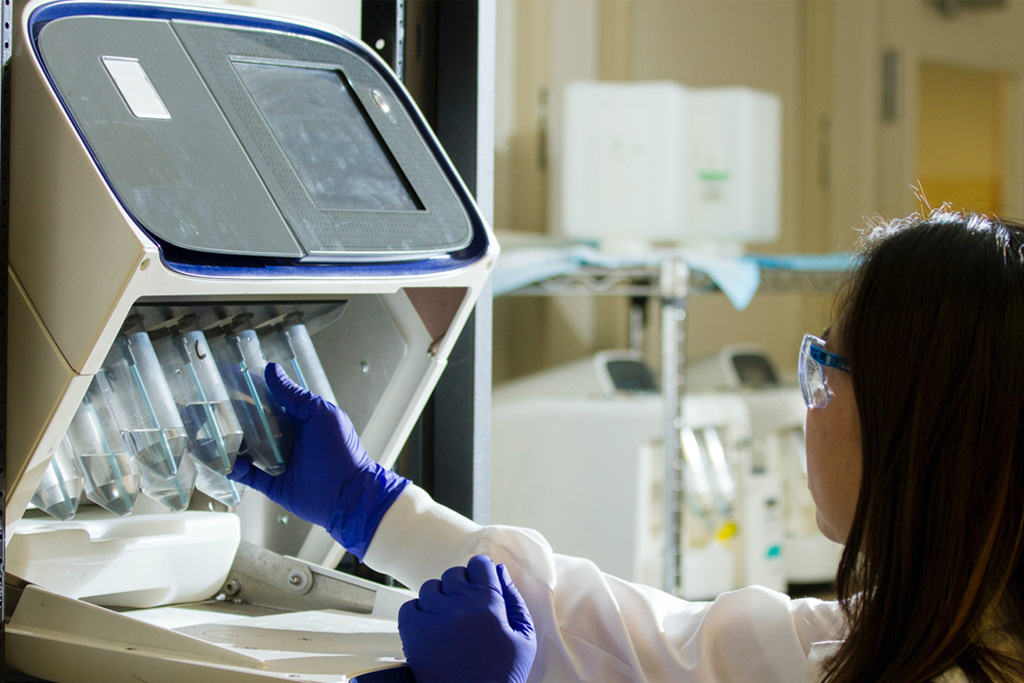The Ethics of Human Genome Editing: An Ethical Path to Future Medicine

College students beginning a biology or biochemistry major — and planning careers as health researchers and clinicians — will soon face tough decisions (scientific, clinical, and ethical) about the role of the human genome and the potential and limitations for humans to change the very stuff of life.
The Difference between Somatic and Germline in Human Genome Editing/Engineering
One of the first concepts you will learn on the topic of human gene engineering and editing is the distinction between somatic and germline gene editing. Somatic gene modification consists of altering somatic cells, which are all cells in the body that are not involved in reproduction. Therefore, the approved therapies cannot be passed on to the next generation. Germline editing affects all cells in an organism, including eggs and sperm, making the change heritable.
As the science and clinical applications of genetic engineering continue to advance, so too will the societal debate about how and whether to use these new technologies. As a Jesuit, liberal arts institution, John Carroll University encourages students and alumni working in these areas to balance potential benefits genome editing with unintended risks. In that spirit, we offer resources from the world’s leading voices in this debate.
Human Genome Editing: Science, Ethics, and Governance
This 2017 report proposes criteria for heritable germline editing, provides conclusions on the crucial need for public education and engagement, and presents seven general principles for the governance of human genome editing. The report is a joint release from the National Academy of Sciences; National Academy of Medicine; National Academies of Sciences, Engineering, and Medicine; and the Committee on Human Gene Editing.
Heritable Human Genome Editing
Compiled by an international commission of the U.S. National Academy of Medicine, U.S. National Academy of Sciences, and the U.K.’s Royal Society, the report considers potential benefits, harms, and uncertainties associated with genome editing technologies and defines a translational pathway from rigorous preclinical research to initial clinical uses, should a country decide to permit such uses.
Genome editing and the germline: A conversation
Based in Cambridge, Massachusetts, The Broad Institute gathers top genomic researchers from MIT, Harvard, and Harvard-affiliated hospitals. This video features institute members Feng Zhang and David Liu, institute member and clinical geneticist Heidi Rehm, and policy advisor Bina Vekarataman about the ethical issues raise by germline editing.
Playing God? Scientific Perspective with Prof. Dr. Robin Lovell-Badge
This 2018 video features insights and commentary from Dr. Robin Lovell-Badge, Group Leader at The Francis Crick Institute London, UK. Lovell-Badge guides a conversation on under what conditions can and should gene-editing be allowed, morally as well as legally.
WHO expert advisory committee report.
This World Health Organization (WHO) report comes from a global, multidisciplinary expert panel gathered in Geneva, Switzerland (2019) to examine the scientific, ethical, social, and legal challenges associated with human genome editing (both somatic and germline). The Committee includes members from Africa, Asia, Europe, the Middle East, Oceania, North America, and South America.
Your Future in Biology
As a Jesuit institution that offers undergraduate degrees in Biology, Chemistry, Physics, and other hard sciences, as well as applied health and direct care programs in Exercise Science and Nursing, John Carroll maintains a strong focus on the ethical considerations of genetic and related rehabilitative approaches to medicine. Students interested in this work and balancing the ethical implications of it can explore our Biology degree in more detail.
John Carroll is a private Jesuit university located in University Heights, Ohio, near Cleveland.
